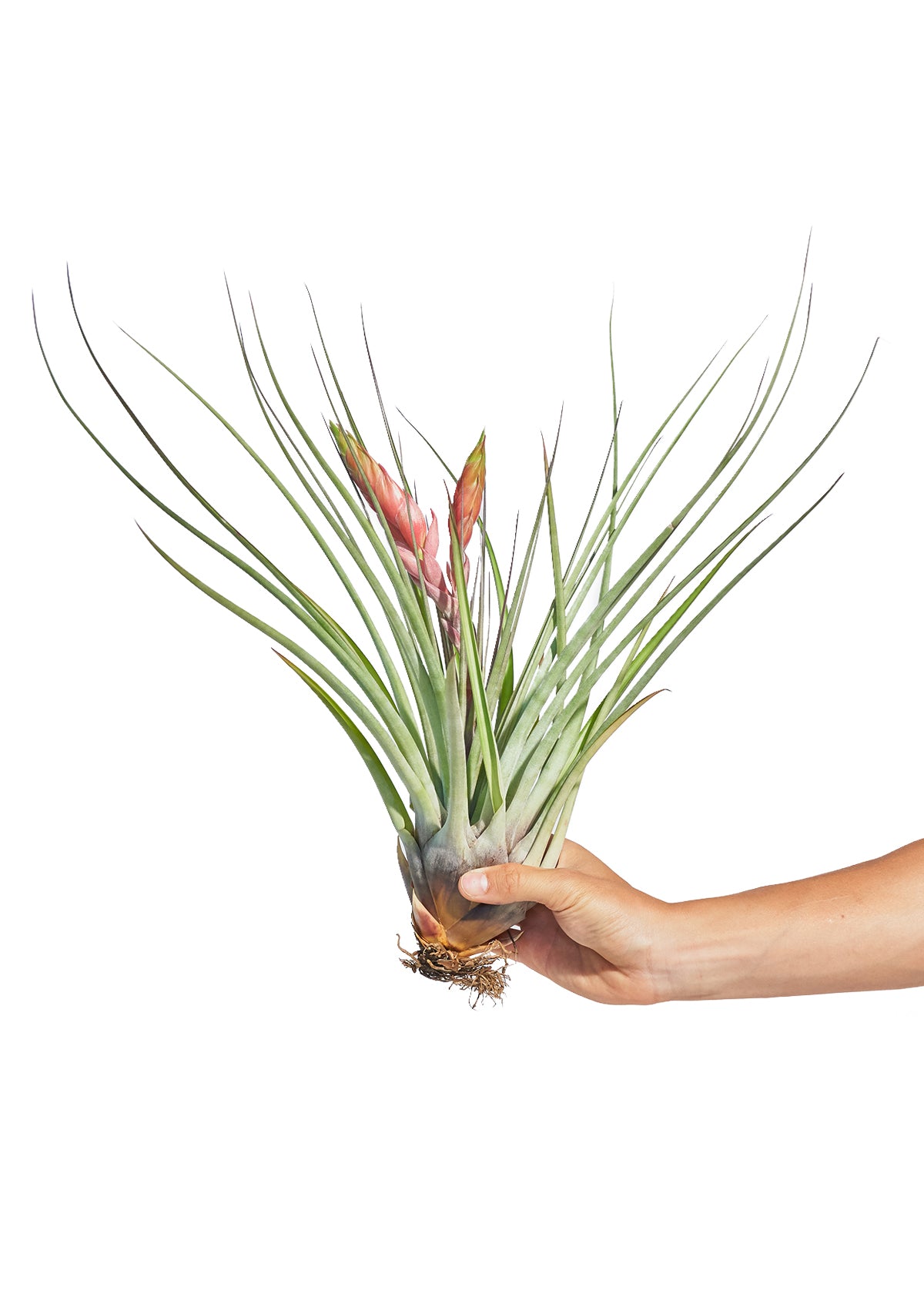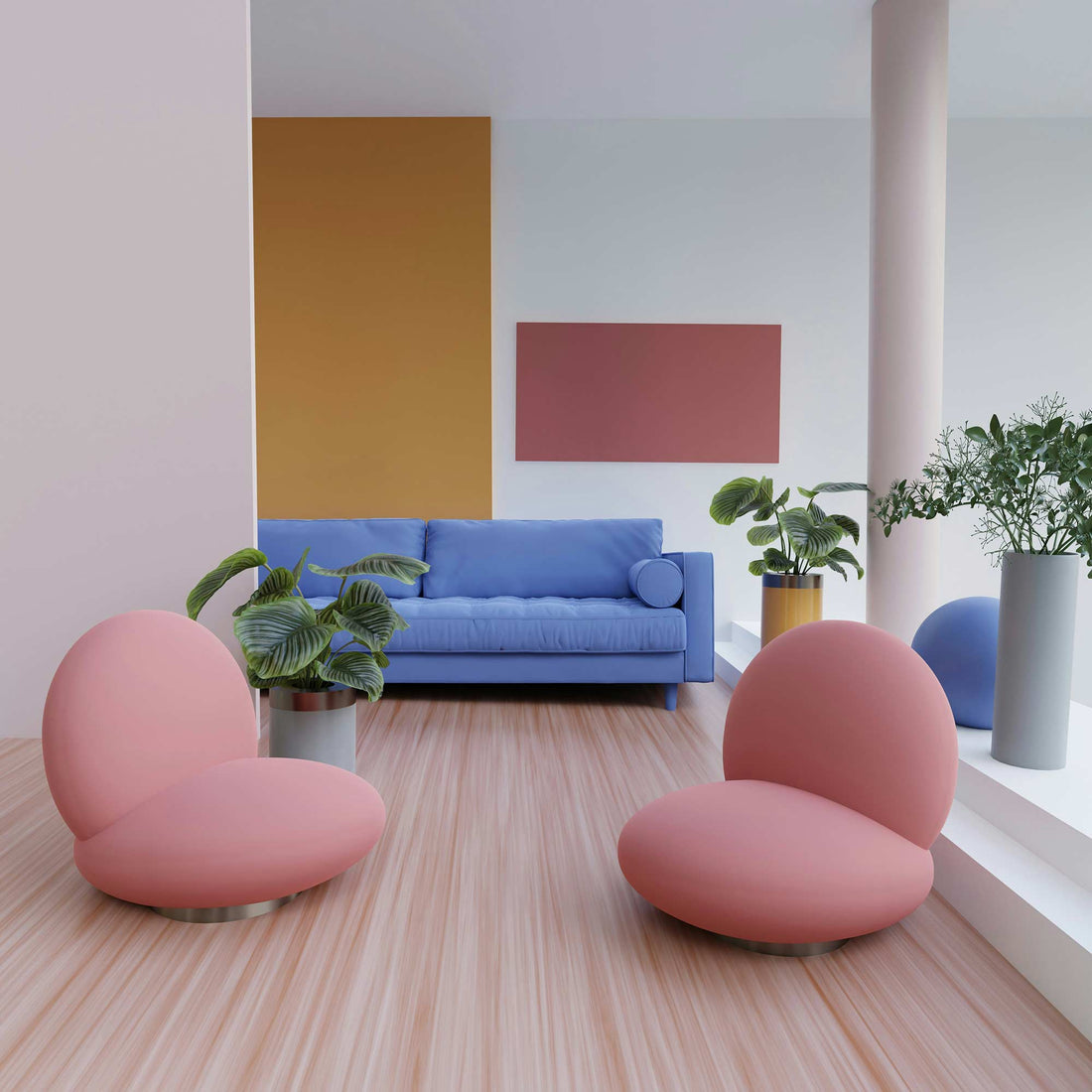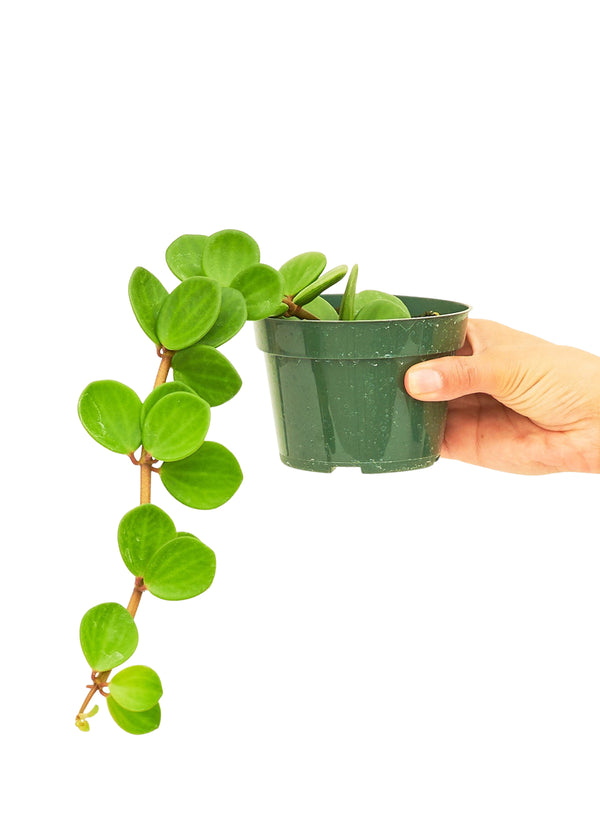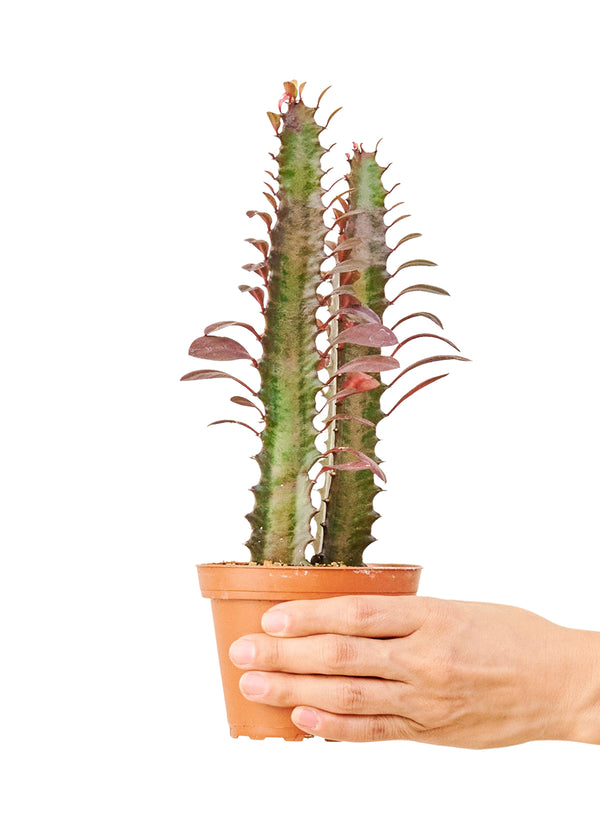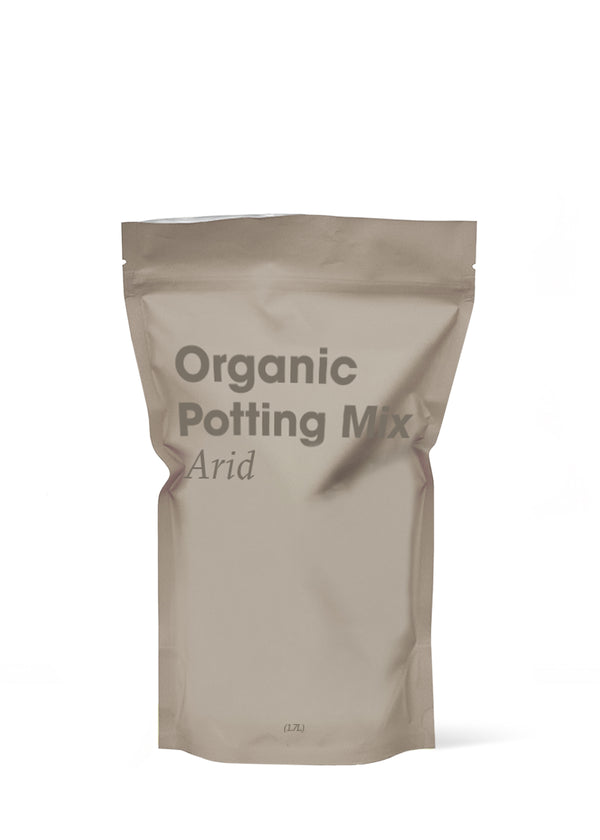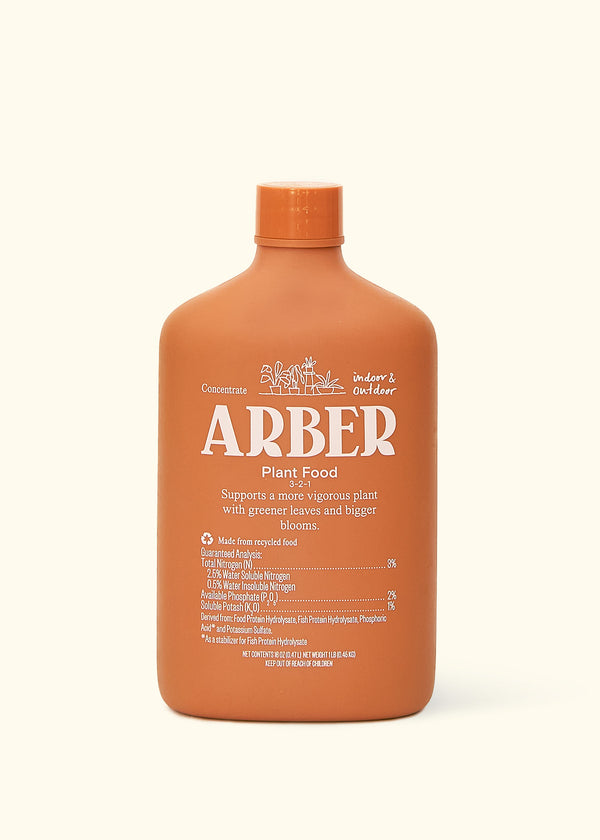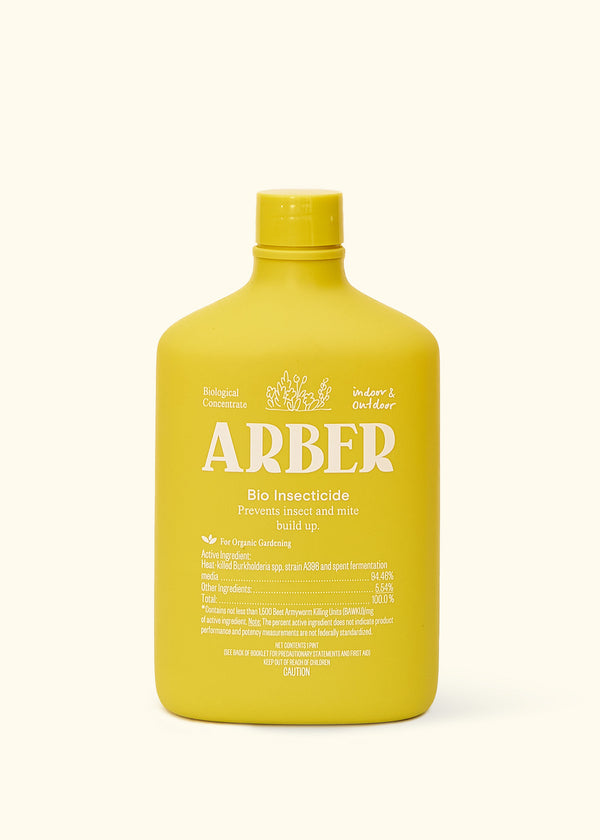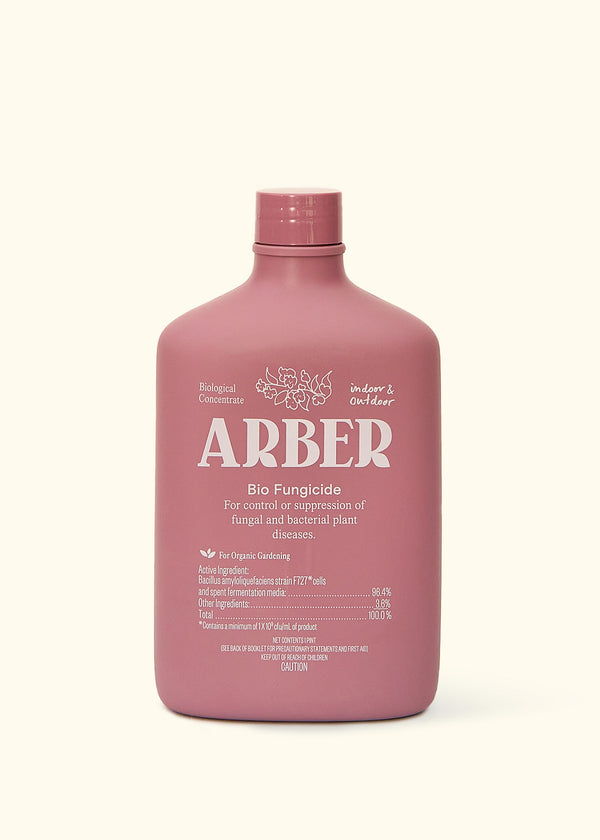If you’re a pet owner who also cares about the quality of the air in your home, finding the right plants can be a balancing act. You want plants that not only purify the air but are also safe for your furry friends. This guide will help you discover pet-friendly air purifying plants and how to care for them.
Why Choose Air Purifying Plants?
Air purifying plants not only add beauty to your space but also help remove toxins and improve air quality. This is particularly important for homes with pets, as indoor air pollution can affect both humans and animals.

Living in an environment with clean air is essential for overall health. These plants can help reduce common pollutants such as formaldehyde, benzene, and carbon monoxide, which are often found in household items and cleaning products.
While traditional air purifiers are effective, they can be costly and sometimes noisy. Plants offer a natural and cost-effective way to enhance air quality while also bringing a touch of nature into your home. They’re aesthetically pleasing and can create a calm and inviting atmosphere.
It’s also worth noting that having plants around can have psychological benefits. Studies have shown that indoor plants can improve mood, reduce stress, and even boost productivity. By adding air purifying plants, you’re not only enhancing air quality but also your mental well-being.
Of course, not all plants are created equal when it comes to air purification. Some species are more efficient at filtering out toxins than others. NASA’s famous Clean Air Study identified several plants that excel in this area, making them popular choices for indoor gardening.

What Makes a Plant Pet-Friendly?
Pet-friendly plants are non-toxic to pets. This means if your furry friends decide to nibble on them, there’s no risk of poisoning or other health issues. It’s crucial to select plants that are safe for pets to ensure their well-being.
The ASPCA provides a comprehensive list of plants that are non-toxic to both cats and dogs. This is a helpful resource for pet owners looking to add greenery to their homes without compromising their pets’ safety.

Many common houseplants like philodendrons, lilies, and some ferns are actually toxic to pets. Ingesting these plants can lead to a range of health problems, from mild digestive upset to severe poisoning.
When selecting pet-friendly plants, it’s important to research each species thoroughly. Look for plants that have been specifically noted as safe for pets. The peace of mind that comes with knowing your plants won’t harm your pets is invaluable.
In addition to checking for toxicity, consider the plant’s structure and growth habits. Some plants with sharp or spiky leaves could potentially injure curious pets. Opt for plants with softer foliage and sturdy stems to ensure they can withstand a bit of rough play.
Introducing pet-friendly plants into your home can benefit your pets as well. Plants can enrich your pets’ environment, providing new textures and scents for them to explore. They can also offer additional hiding spots or climbing opportunities for more active pets.
Top 5 Pet-Friendly Air Purifying Plants
Here are five pet-friendly air purifying plants you can consider: 1. Areca Palm, 2. Spider Plant, 3. Boston Fern, 4. Bamboo Palm, 5. Rubber Plant. These plants are not only safe for pets but also great at purifying the air.
#1 Areca Palm (Dypsis lutescens)
This plant is known for its elegant feathery fronds and efficient air-purifying qualities. It’s non-toxic to pets and can help remove common indoor toxins like formaldehyde and xylene.
Areca Palms are relatively easy to care for, preferring bright, indirect light and regular watering. They can grow quite large, making them a great statement plant for any room.
#2 Spider Plant (Chlorophytum comosum)
Spider plants are a favorite among pet owners for their air-purifying properties and easy care routine. They’re particularly good at removing carbon monoxide and formaldehyde from the air.

Spider plants are safe for pets and can thrive in a variety of lighting conditions, making them very versatile. Their arching leaves and small white flowers add a touch of elegance to any space.
#3 Boston Fern (Nephrolepis exaltata)
Boston ferns are excellent air purifiers that help reduce toxins like formaldehyde. They also add humidity to the air, which can be beneficial in dry climates.

Boston ferns prefer indirect light and high humidity. While they require a bit more attention than some other plants, their lush, feathery fronds are well worth the effort. They are completely safe for pets, making them a great addition to any home.
#4 Bamboo Palm (Chamaedorea seifrizii)
Also known as the parlor palm, the bamboo palm is a low-maintenance, pet-friendly plant that excels at purifying the air. It can help remove formaldehyde, benzene, and carbon monoxide.
Bamboo palms prefer shaded areas, making them perfect for rooms with less natural light. Their tall, slender leaves can add a touch of tropical elegance to your home while keeping your indoor air clean.
#5 Rubber Plant (Ficus elastica): While some types of rubber plants can be toxic to pets, larger, mature rubber plants are generally safe. They are effective at removing toxins like formaldehyde from the air.
Rubber plants are easy to care for and prefer bright, indirect light. Their large, glossy leaves can be a striking addition to your indoor garden.

Benefits of Each Plant
- Areca Palm: Removes toxins like formaldehyde and xylene. These palms adapt well to indoor conditions and can grow up to six or seven feet tall.
- Spider Plant: Known for removing carbon monoxide and other toxins. They also increase oxygen levels, which can help you breathe easier.
- Boston Fern: Helps eliminate formaldehyde and adds humidity to the air. This is especially beneficial in dry indoor environments, as it can help prevent respiratory issues.
- Bamboo Palm: Effective at filtering out benzene and formaldehyde. Their slender leaves can create a lush, tropical look in your home, contributing to a relaxing atmosphere.
- Rubber Plant: Great for removing toxins like formaldehyde and mold. These plants are robust and can thrive with minimal care, making them a great choice for busy households.
The ability of these plants to improve indoor air quality has been backed by various studies. However, it’s important to note that while they are effective, they should not replace a good air purification system if you’re dealing with significant air quality issues.
How to Care for Pet-Friendly Air Purifying Plants
Each plant has its unique care needs, but generally, ensure they have appropriate light, water them properly, and keep them pest-free. Regularly check for any signs of distress, and make sure to place them in locations safe from playful pets.

Light is crucial for plant health. While some plants prefer bright, indirect light, others thrive in low-light conditions. Understanding the lighting needs of your plants will help them grow healthily and effectively purify your air.
Watering needs vary among species. Overwatering can lead to root rot, while underwatering can cause the leaves to wilt and dry out. Checking the soil moisture before watering and adjusting your routine based on the plant’s needs is key.
Keeping your plants pest-free is another important aspect of plant care. Regularly inspecting your plants and treating any infestations promptly will ensure they remain healthy and vibrant.
To further support your plants, consider using a high-quality potting mix and containers with good drainage. This will prevent waterlogging and promote healthy root growth.
Finding the right balance in care can be a learning process. Don’t be afraid to experiment and observe your plants’ responses to different conditions. With time, you’ll develop a routine that keeps both your plants and pets happy and healthy.
Creating a Healthy Home for You and Your Pets
When choosing air purifying plants for your home, it’s important to consider the safety of your pets. The plants available here are both effective at improving air quality and safe for pets, allowing you to create a healthy and pet-friendly environment. Happy planting!
